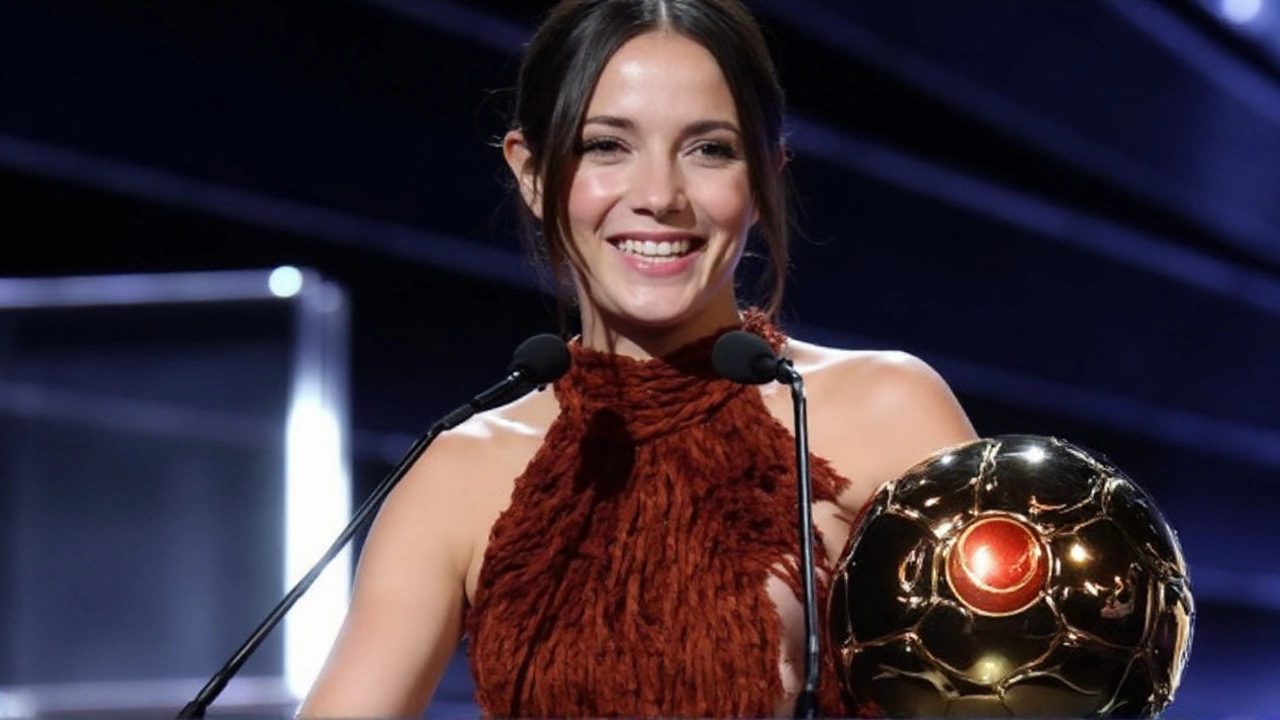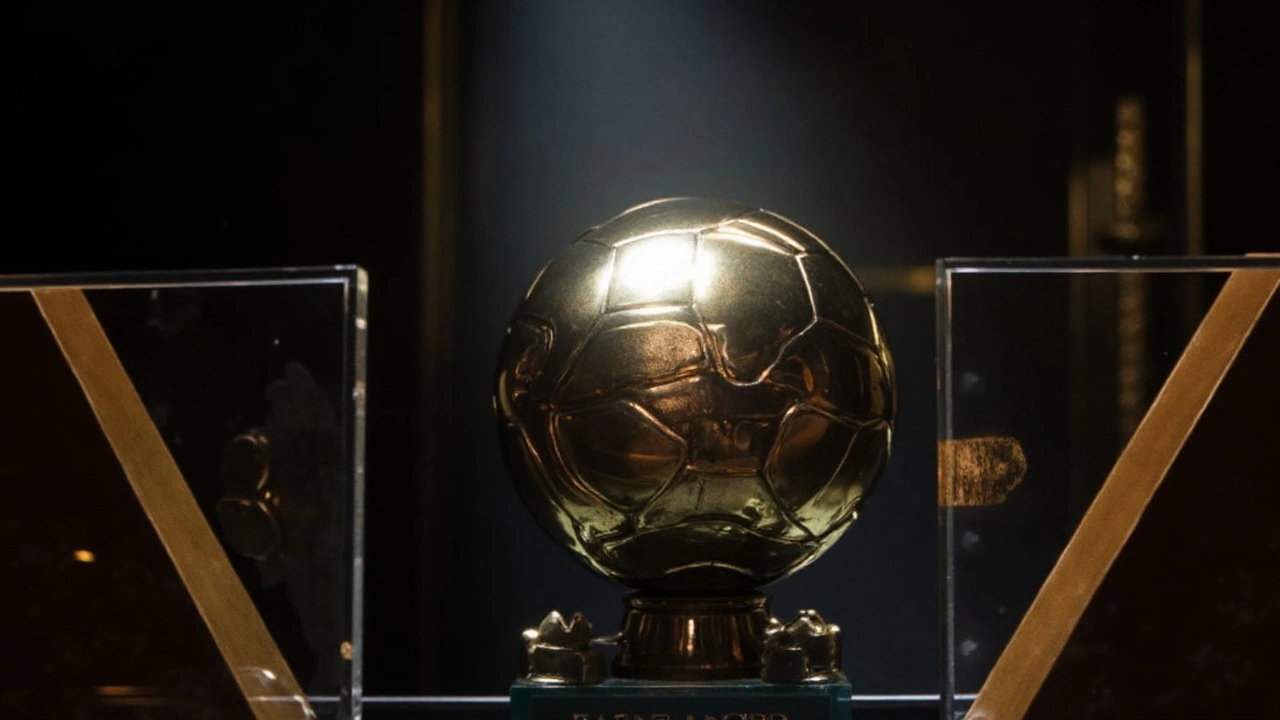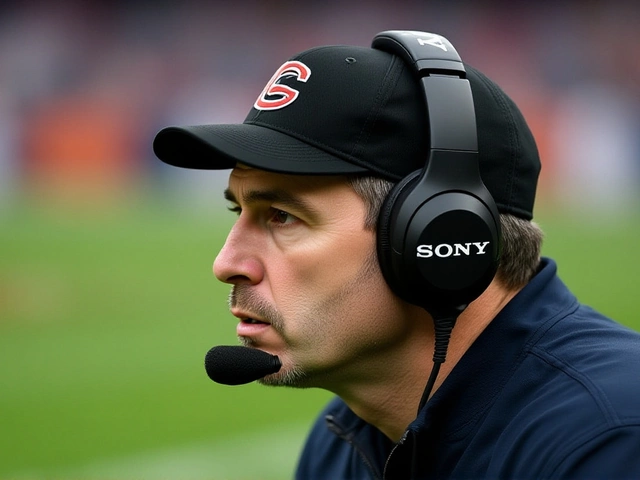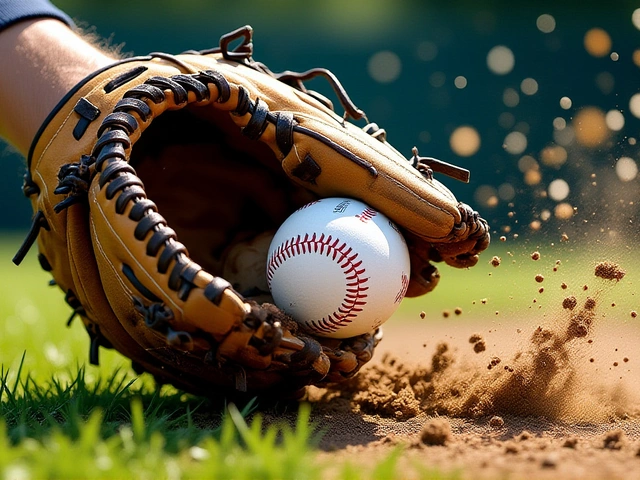When the Ballon d'Or 2025 top‑20 list hit the internet, the reaction was anything but polite. Fans flooded forums, Instagram comments, and Twitter threads with a single word: disgrace. What started as a routine unveiling quickly morphed into a full‑blown debate over fairness, club influence, and whether the voting system even knows what a good season looks like.
Why fans are furious
The first spark came from an unexpected swap: Cole Palmer, the seemingly modest attacking midfielder from Chelsea, was placed ahead of Barcelona’s midfield maestro, Pedri. For many, Pedri's consistency, vision, and role in La Liga's title race made him a lock for the top five. Content creators on YouTube and TikTok called the move "the biggest robbery I've ever seen," arguing that the Spanish midfielder deserved not just a higher spot but a real chance at the award.
Adding fuel to the fire, Paris Saint‑Germain dominated the upper echelons. The French giants boasted multiple players within the top ten, most notably Vatiniah, who snagged a surprising third‑place finish. Critics argue PSG’s representation borders on self‑promotion, pointing to the club’s hefty market value and recent signings as possible vote‑swaying factors. While some fans praise PSG for fielding a squad that consistently challenges for major trophies, others whisper about agency lobbying and media hype.
Then there’s the case of AC Milan’s winger Michael Oise, who landed a baffling 30th spot despite a season packed with decisive goals, assists, and game‑winning dribbles. Observers who followed Serie A’s weekly highlights swear he could have easily been among the top three right‑wingers worldwide. The low ranking sparked a wave of memes comparing Oise’s placement to a “secret penalty” that no one wanted to see.
Even players are speaking up. A Barcelona forward, who asked to remain anonymous, reportedly expressed outrage over a teammate’s final position on the list. The disgruntled player said that internal club politics and personal relationships might have seeped into the voting, a claim that fuels the narrative of a non‑transparent process.
All of this drama sits on the heels of last year’s leak, which revealed that Vinícius Junior wouldn’t clinch the men’s award, prompting Real Madrid to boycott the ceremony outright. That episode left a bitter taste and set a precedent: the Ballon d’Or’s credibility is fragile, and any perceived misstep is magnified.

What the controversy reveals about the Ballon d'Or system
Beyond the headline‑grabbing names, the uproar shines a light on deeper structural issues within the award’s voting methodology. The panel comprises journalists, national team coaches, and captains, each bringing their own biases—be it a preference for certain leagues, clubs, or playing styles. When a player like Pedri, who thrives in a possession‑heavy system, is eclipsed by a more marketable figure such as Palmer, eyebrows naturally raise.
Another layer is the influence of media narratives. PSG’s media machine, backed by global broadcasting deals, can amplify player performances week after week. In contrast, clubs with less exposure, like AC Milan in recent years, often rely on stat sheets to make their case. When those stats are buried under flashy footage from Paris or London, voters may subconsciously tilt in favor of the louder voices.
The voting timeline also matters. The shortlist is announced before the season’s climax, meaning late‑season heroics—think Ousmane Dembele’s resurgence from injury to a decisive role at Lyon—might be under‑weighted. Dembele’s triumph as this year’s winner feels like a redemption arc for many, yet it also raises questions about whether the award truly reflects the entire campaign or merely a snapshot.
Transparency, or the lack thereof, is the elephant in the room. While the organizers publish the final rankings, they rarely disclose individual ballots or the weight each voting group carries. This opacity fuels speculation: are national team coaches being swayed by club friendships? Do journalists favor players they’ve interviewed more often? The unanswered questions keep fans guessing and skeptical.
Finally, the controversy underscores how the Ballon d’Or has become a cultural battleground, not just a sporting accolade. Fans rally around players as symbols of club identity, national pride, or even broader social issues. When a list appears to betray those loyalties, the backlash is swift and vocal.
What’s clear is that the 2025 edition will be remembered as much for the heated debates it sparked as for the name engraved on its trophy. Whether the governing body will adjust its voting process, increase transparency, or double down on the status quo remains to be seen. For now, the conversation continues across stadiums, living rooms, and the endless scroll of social media feeds.





